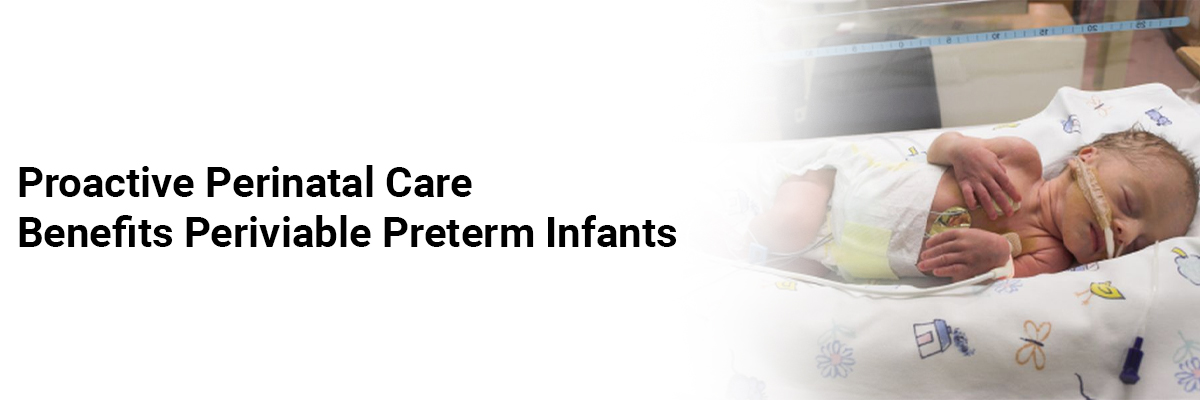
Proactive perinatal care benefits periviable preterm infants
The aim of a new study was to assess the effect of proactive perinatal care on periviable preterm infants before and after its implementation.
In this retrospective cohort study, conducted over two phases – Phase I (2013-2019) and Phase II (2020-2022), 162 infants born between 220/7 and 256/7 weeks of gestation were analyzed.
In Phase I, 125 infants were born. A total of 37 infants in Phase II received proactive care with minimal handling. Mortality rates significantly decreased from 54.4% to 24.3%. In addition, composite outcomes—severe brain injury or death, sepsis or death, and necrotizing enterocolitis or death—improved with proactive care. Key factors independently associated with mortality included gestational age, air leak syndrome, massive pulmonary hemorrhage, and birth during Phase II.
The results depicted that proactive care with minimal handling significantly increased survival rates and reduced combined morbidities. This approach is essential for improving survival rates and clinical outcomes in periviable preterm infants.
This study demonstrates a clear independent association between proactive perinatal care and reduced mortality rates, emphasizing its significant impact on survival and clinical outcomes. Proactive care positively influences long-term neurodevelopment. Future research should explore the relationship between proactive management and survival without severe disability to enhance long-term quality of life, particularly neurologic outcomes.
Source: Kim SY, Shin J, Oh MY, Youn YA. Indian Journal of Pediatrics. 2024 Jun 5:1-9.














Please login to comment on this article